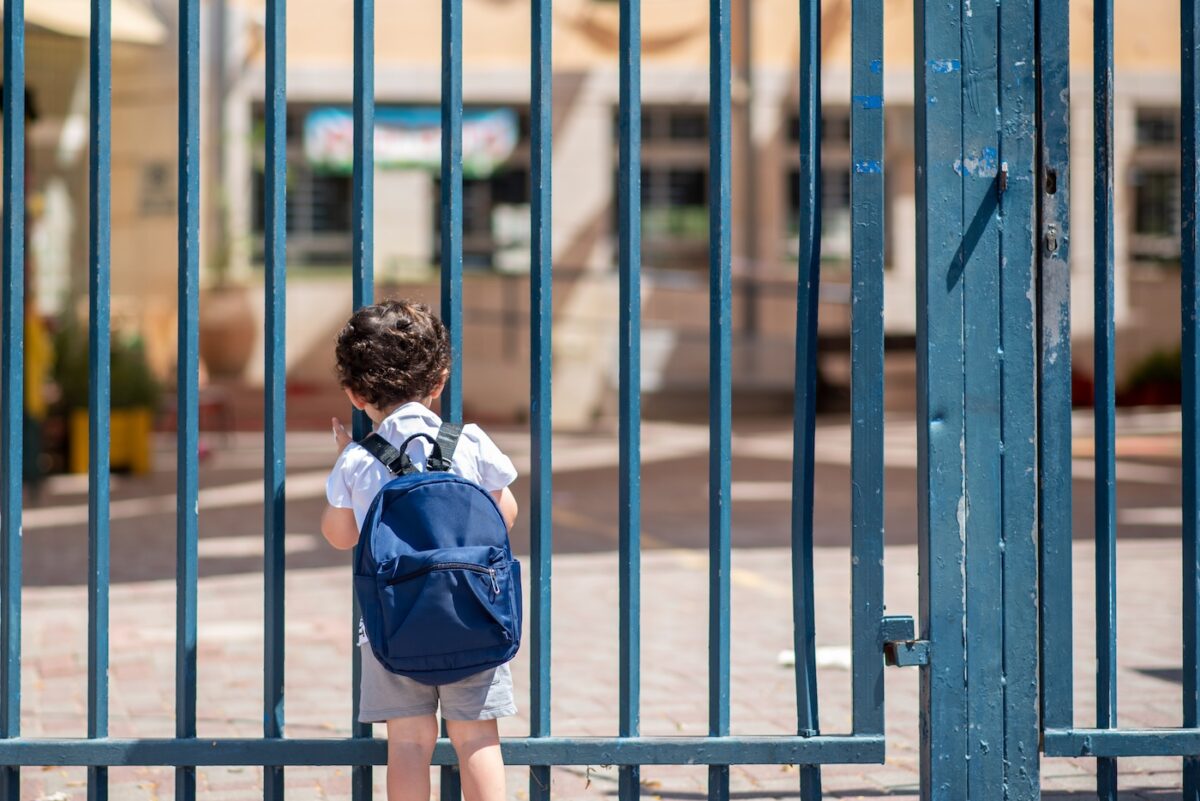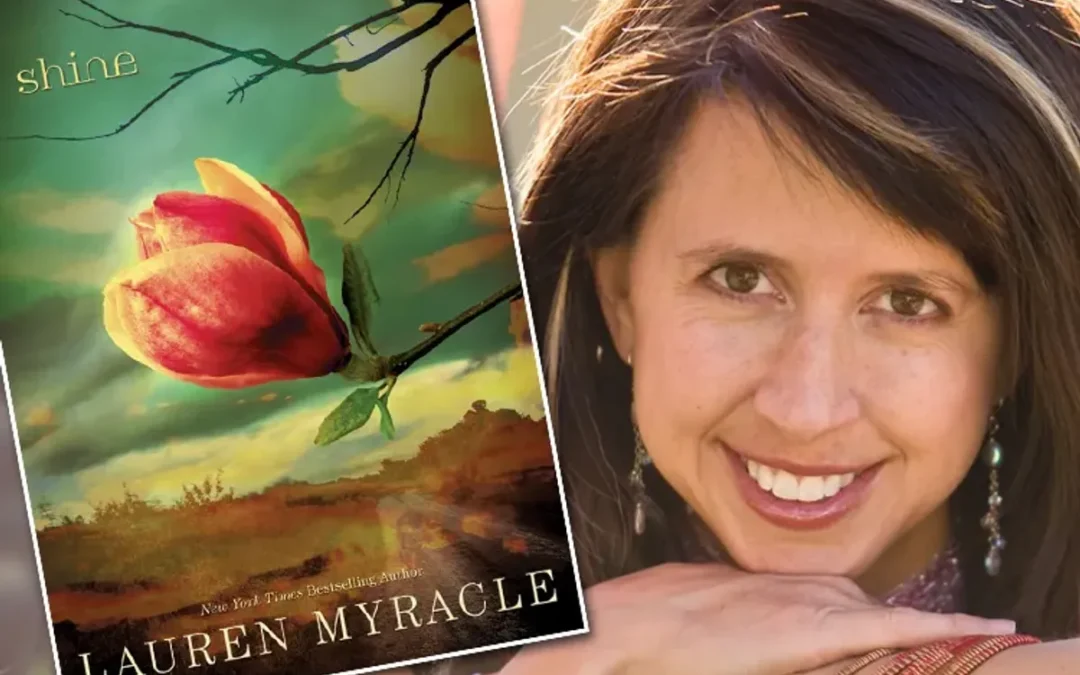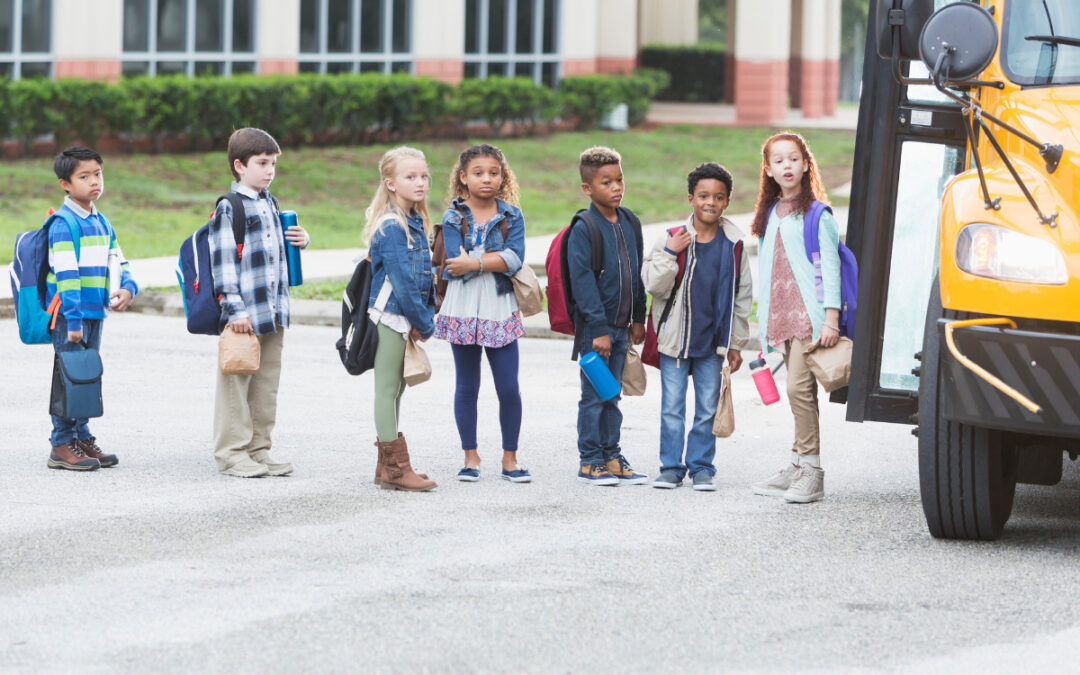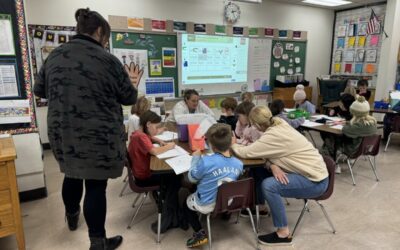
(Shutterstock)
Bills that attack public education in Wisconsin are in line with GOP efforts to make taxpayers support two parallel school systems, censor information about race and gender, and face a never-ending parade of referendums.
There are 93 Republicans on ballots across the state for seats in the Wisconsin Legislature’s Senate and Assembly. Each is an individual candidate running an individual race for a small group of local voters. But if taken as a group, the Nov. 5 election can also be seen as a singular race: Republican legislators on one side and Wisconsin public education on the other—and if one side wins, the other loses.
An examination of GOP proposals can be used as a guide for voters around the state when it comes to showing support for local schools or showing a willingness to cause significant damage to public schools. Republican legislators have a well-documented history of attacking public education in an effort to have taxpayers fund a second parallel school system in the state—made up of mostly religious, private schools that have less transparency, less accountability, and no record of performing better than public schools.
The Republican record on education also goes beyond classroom instruction to push far-right policies that advocate or demand intolerance when it comes to LGBTQ individuals or teaching about racial diversity and a fuller version of American history—even to the point of state-sanctioned banning of certain words and phrases.
Endless Referendums and the Voucher Monster
In April, there were 103 school referendum issues on ballots around Wisconsin. Come November, there will be another 140 requests by school districts, asking their residents to vote to increase their own property taxes. Some of the requests are for new projects, but many are asking voters simply to continue current operations, without having to cut teachers, staff, or class opportunities.
Some may interpret this parade of spending requests as 241 opportunities for voters to see school districts as fiscally irresponsible. Advocates, on the other hand, say each referendum is proof that Republican legislators refuse to do their share to fund education in Wisconsin, and they have set up local school districts to be the bad guy. They point to a 16-year streak of state budgets where the amount of state aid for public schools has not even kept up with inflation, much less shown any support for growth.
Now, with a multi-billion dollar state budget surplus providing an opportunity to toss public schools a lifeline, GOP lawmakers are looking to make a bad financial situation even more dire by shifting more taxpayer dollars to private voucher schools, despite having no demonstrable advantage to public schools.
In the beginning (1990), Wisconsin’s voucher school program was small and experimental and limited to lower-income families. Today it is a statewide behemoth that costs taxpayers $700 million in the current school year. And yet Republicans like Snyder tried to make it larger with a bill that would raise the income cap. For example, taxpayer-funded vouchers could go to a married couple with two children and an annual income of $85,600. But as each student is pulled out to a voucher school, the local school district would lose $8,946 in general state aid, increasing the odds of a district needing to ask voters for help.
“The bill would exacerbate not only property tax increases but the incoherence of Wisconsin’s current school funding system among public and private schools in the state,” wrote Gov. Tony Evers in vetoing the bill when it reached his desk.
Teaching Race: Hostility and Denial
Legislative hostility to public schools shows up not only in a lack of financial support but in Republicans’ efforts to suppress educational freedom and diversity.
Conservative backlash to anti-racism and anti-sexism instruction in public schools led to a bill limiting such curriculum, claiming such lessons were themselves racist. The bill included an addendum with dozens of phrases that could not be taught, if the bill were to become law. Examples included: Anti-racism. Racial justice. Critical ethnic studies. Cultural appropriation. Diversity training. Equitable. Implicit bias. Restorative justice. Social justice. White privilege. White supremacy. Patriarchy.
Another bill, blasted by critics as censorship and a “crusade of ignorance,” also censored lessons on racism, sexual orientation, gender identity, and almost anything deemed a “controversial subject.”
If a University of Wisconsin System school were to require courses related to diversity or ethnic studies, another bill supported by Snyder tried to short-circuit the mandate by claiming any course about the US Constitution and the Bill of Rights would count.
Sen. Duey Stroebel (R-Saukville) claimed such class requirements “force” students to view racial and cultural conflict “through only one specific lens,” the lens seeming to be that racism is bad.
Anti-Racism, No. Cursive Handwriting, Yes.
While Republican bills sought to ban teaching the view that racism and sexism are wrong, another bill would have imposed a different kind of mandate on Wisconsin students: learning cursive handwriting.
Cursive handwriting is already part of the state’s academic standards for English language arts. Critics said it was another example of legislators seeking to remove local control and micromanage classroom instruction based on politicians’ whims.
Support Our Cause
Thank you for taking the time to read our work. Before you go, we hope you'll consider supporting our values-driven journalism, which has always strived to make clear what's really at stake for Wisconsinites and our future.
Since day one, our goal here at UpNorthNews has always been to empower people across the state with fact-based news and information. We believe that when people are armed with knowledge about what's happening in their local, state, and federal governments—including who is working on their behalf and who is actively trying to block efforts aimed at improving the daily lives of Wisconsin families—they will be inspired to become civically engaged.


Banned Book of the Month: ‘Shine’ by Madison’s Lauren Myracle
More than 10,000 books were banned across America last school year, and Wisconsin is one of the worst offenders. At least 450 titles have been...

The 10 cheapest colleges in Wisconsin
Looking for an affordable way to continue your higher education without breaking the bank? Check out the 10 cheapest colleges in Wisconsin to get...

Opinion: Dear legislative Republicans, we’ve already paid for education. Cut the check.
Former State Representative LaKeshia Myers urges lawmakers to provide equitable funding for public schools. Wisconsin's K-12 schools continue to...

Banned Book Reading List: 10 titles to read, or re-read, this spring
As Republicans continue to challenge the books on shelves at local libraries, neighborhood schools, and small booksellers, we asked three local...





